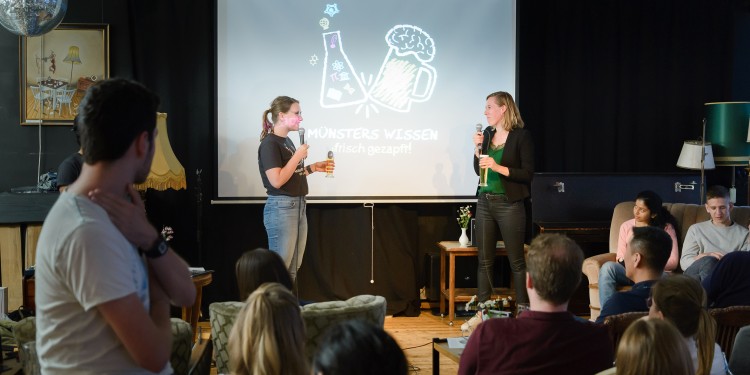


Researchers produce polymers from ballbot-type carbenes for the first time
Events

Frank Glorius about the conference on issues of sustainability in chemistry at the University of Münster
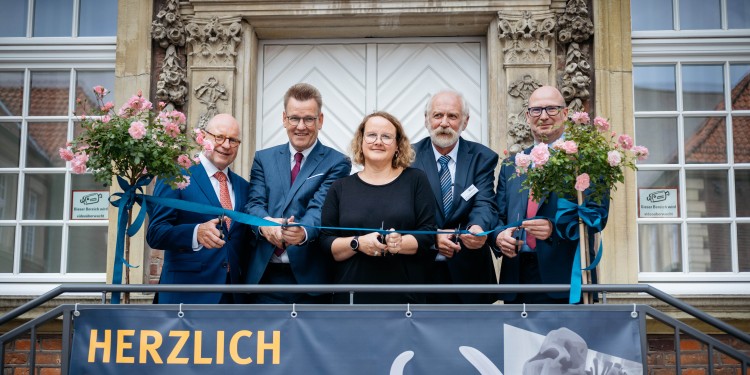
Geomuseum re-opened

Interdisciplinary teamwork reduces complications in bone fractures
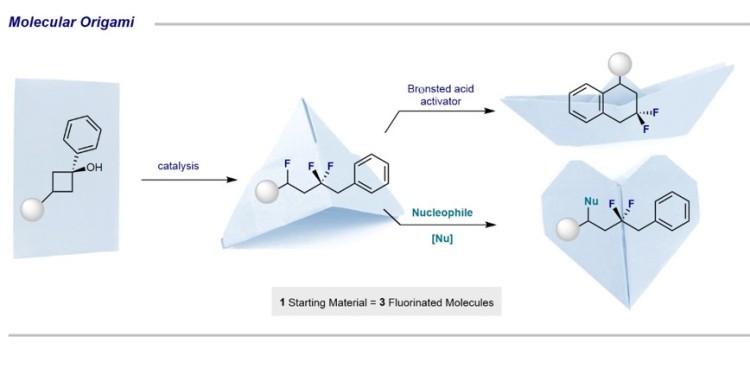
Chemists develop reaction cascade to produce fluorinated molecules
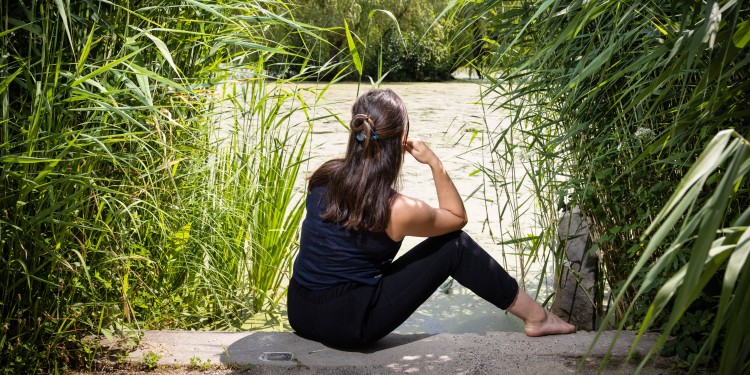
Photo competition “My favourite place at the Uni”: Enter now!

Physician investigates importance of dentists in recognising domestic violence

Ingredients for Collaboration: Vision and Playfulness

Developing the batteries of tomorrow together
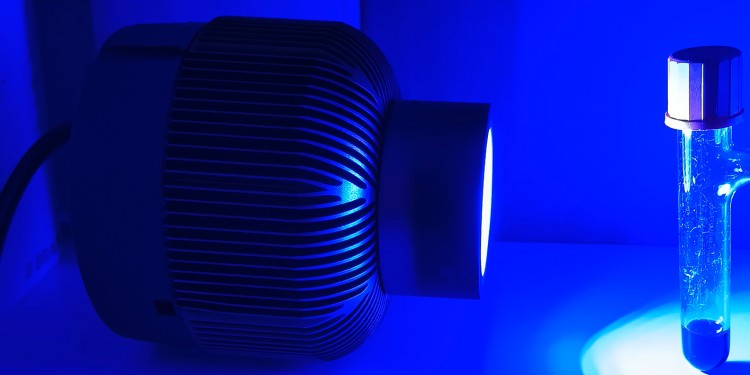
Chemists develop new process for the production of ring-shaped molecules

University of Münster receives funding in the Ulysseus Alliance
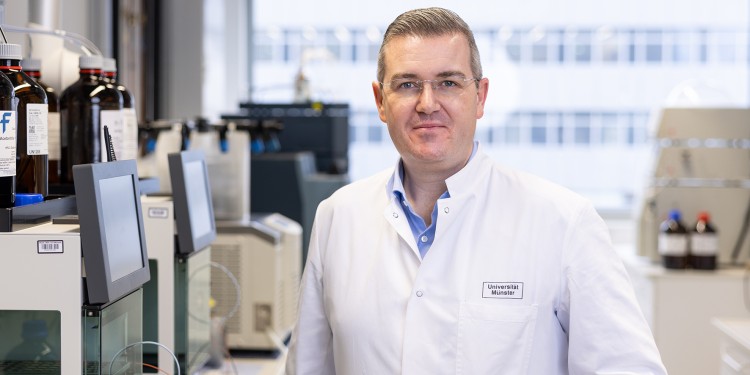
European Academy elects chemist from the University of Münster
Your search did not match any of our news releases.
Suggestions:
- Make sure that all words are spelled correctly.
- Try different keywords.
- Try more general filters.
- Expand the period of time.


